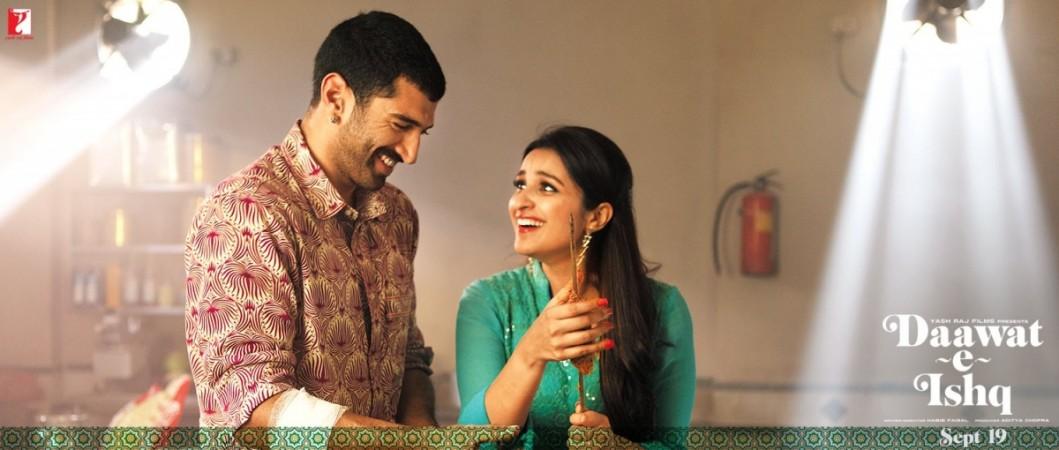
IBTimes India Rating:1.5
Sales girl Gulrez Qadir (Parineeti Chopra) lives with her honest, simple father (Anupam Kher) in Hyderabad. After being rejected by a string of suitors (for not being able to pay dowry), followed by a breakup, Gulrez decides to take off to another city, dupe men in the name of marriage and live her big dream of being a successful shoe designer.
For the most part of the first segment, the film tries to give out a message about how dowry (which is thought to be eliminated) is a deep-seated problem even in today's time and age.
Unfolding in an interesting way, National Award winning director Habib Faisal commits the sin of forcefully stuffing the script with a romantic angle. Post interval, the plot staggers, stumbles and loses grip.
However, assisting daughter on her shenanigans, Andhra High Court clerk (Anupam Kher) takes to fraudulence. Choosing Lucknow as their destination, the two begin groom hunting. Settling in on chef and owner of popular eatery - Tariq Haider (Aditya Roy Kapur), the duo kick-starts their mission. Haider was lured, easily fooled and looted on his wedding night. What unwraps next is truckloads of melodrama.
Kher as the truthful, sincere court clerk who wants a happy wedding for her daughter is as genuine as it can get.
Chopra disappears in a self-made bottomless pit of sickly sweetness. Though she essays her enterprising, righteous and moralistic Gulrez well, Chopra needs to come off the mould she has created for herself.
Kapur impresses as the happy-go-luck and then betrayed-in-love sensitive Tariq. Controlled and natural, he lends warmth to his character.
Faisal, who churned an entertaining "Ishaqzaade" with Chopra, touches upon a sensitive topic, but fails to clench the audience's attention in his attempt to do justice to it.
Not unwatchable, but in its 2-hour run time it brings very little to the table. Touted as the first food film of Bollywood, except for appetising montages of scrumptious spicy platters, nothing much is shown.
Composed by Sajid-Wajid and penned by Kausar Munir, the music album is a big bore. Barring the title track, the songs owe strange resemblance to poorly-crafted 90s numbers. Dialogues were understated and real, while the screenplay could have been more taut and more precise.
In a nutshell, this recipe misses out on the zing and flavour.

















